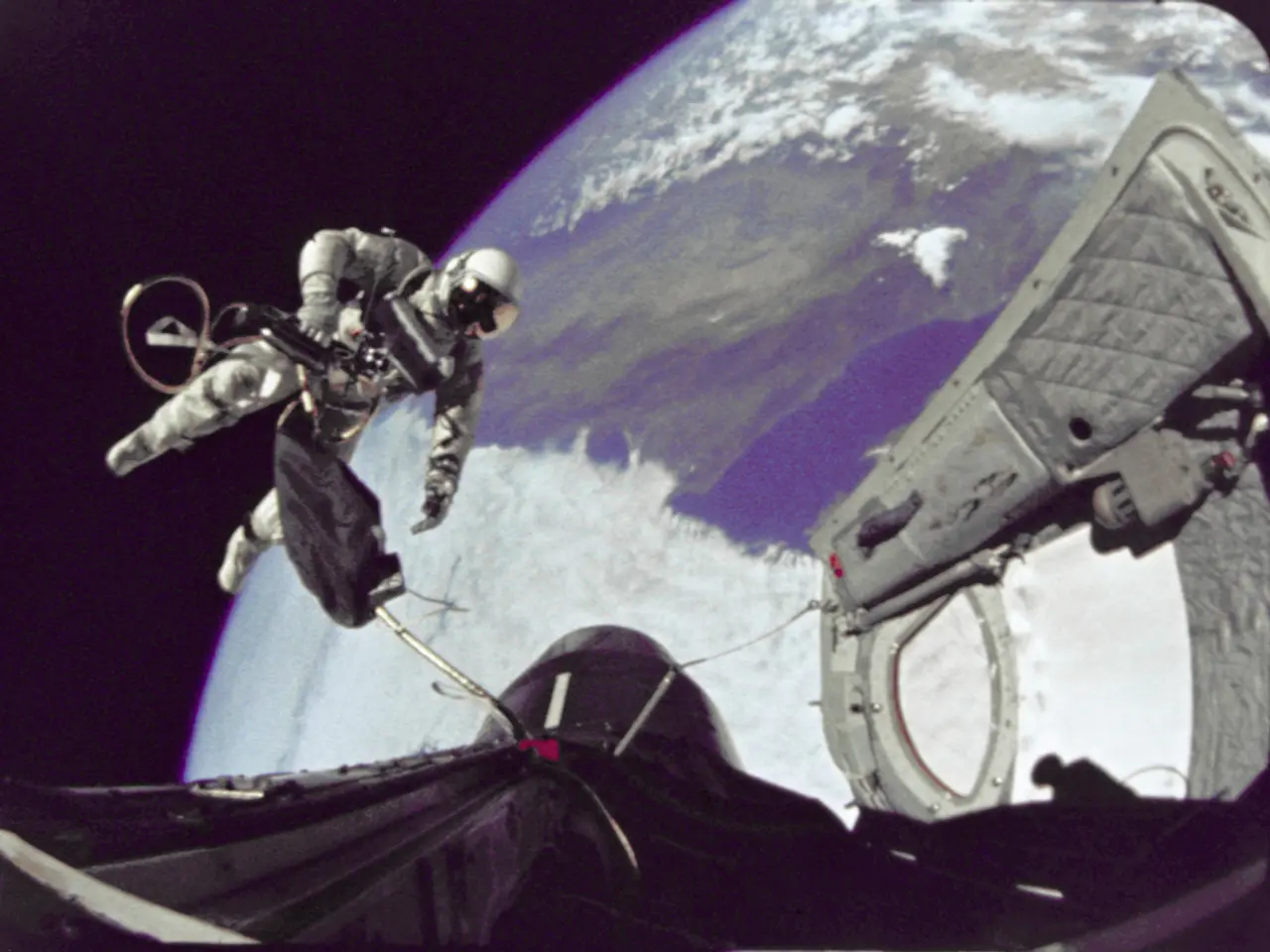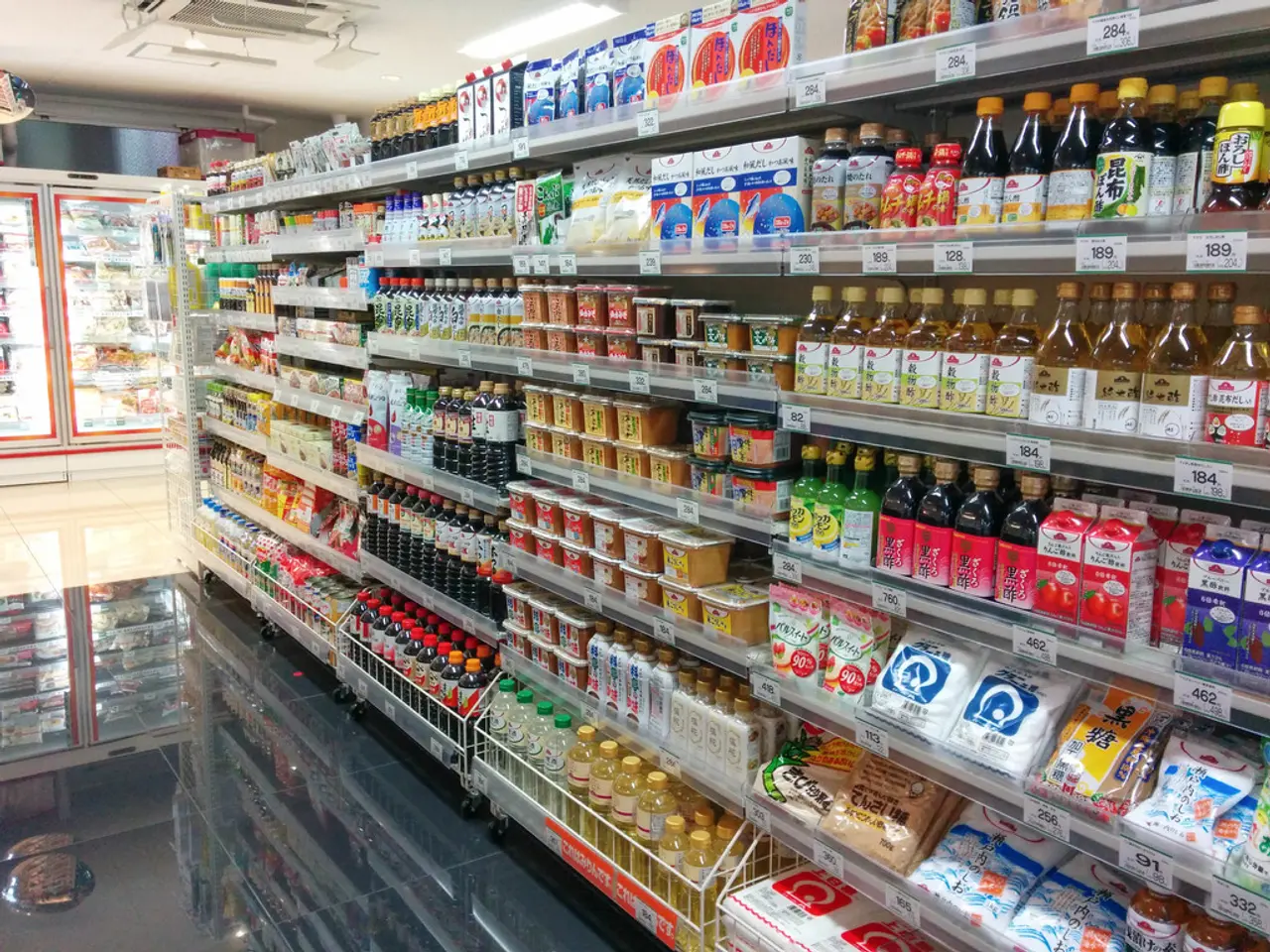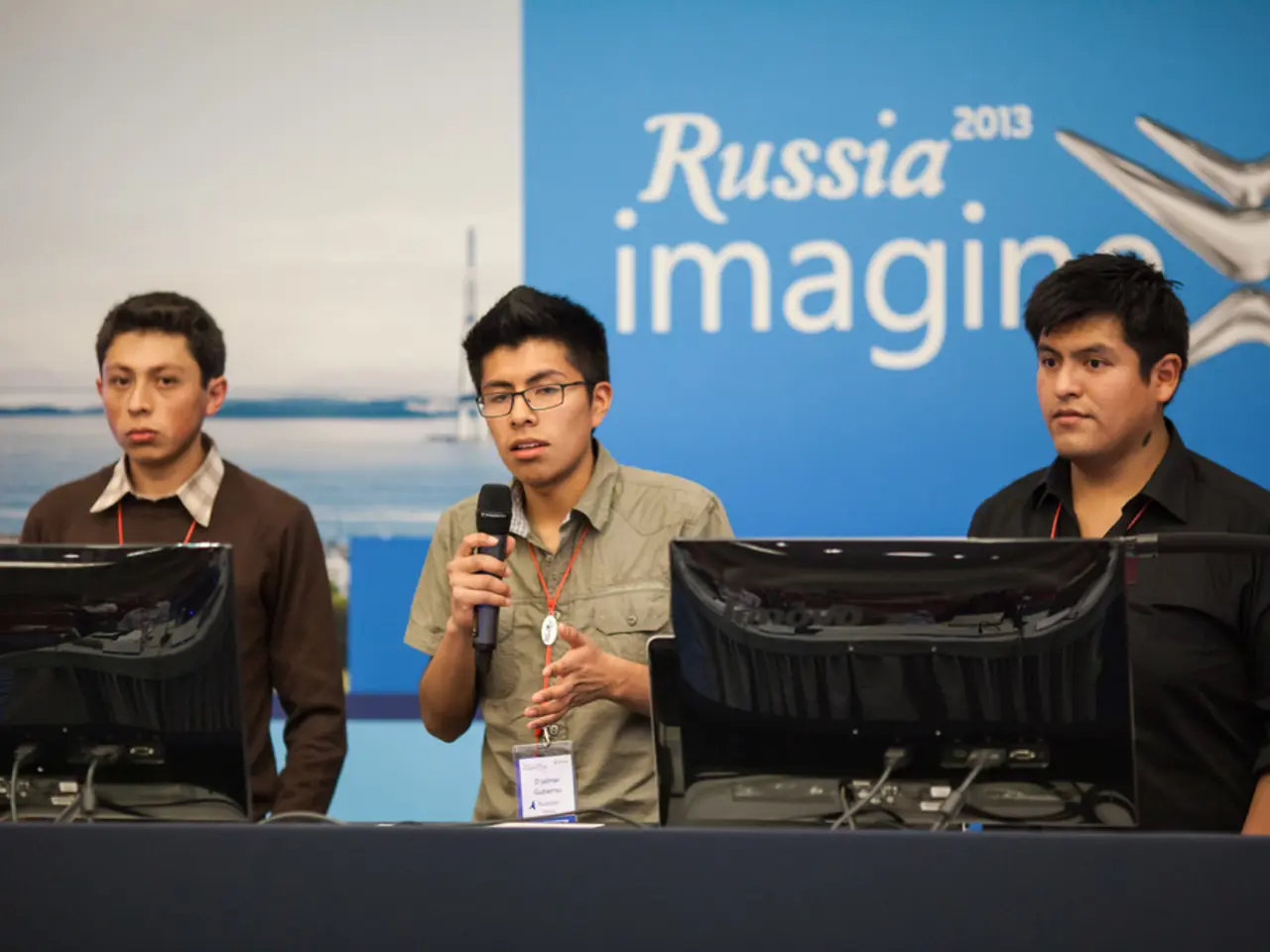"Shubhanshu Shukla Experiences Weight After Dropping Laptop on Returning to Earth"
Indian Astronaut Shubhanshu Shukla Returns from Axiom-4 Mission
Indian astronaut Shubhanshu Shukla returned to Earth on Friday after spending nearly 20 days in space as part of the Axiom-4 mission. The mission, which blasted off from the Kennedy Space Centre in Florida on June 25 and returned to Earth on July 15, marked a significant milestone for India's space programme.
During his space sojourn, Shukla spoke to the Prime Minister of India, Narendra Modi, on June 28, with the Indian flag floating behind him. This conversation symbolized India's re-entry into the conversation as an equal participant.
Upon his return, Shukla described his role as a spacefarer as a "messenger showing what's possible." He also expressed his excitement to share all that he learned during the mission with India's Gaganyaan program.
Astronauts commonly experience significant physical challenges readjusting to Earth's gravity after space missions. Shukla himself found relearning to walk with support as his body adjusted to Earth's gravity. He mentioned that even holding a phone felt very heavy upon return, illustrating how the familiar weight of objects is suddenly more taxing due to muscle and balance loss during microgravity exposure.
These effects result from physiological changes such as fluid redistribution, heart rate shifts, reduced muscle strength, and altered balance that occur in space. Astronauts typically undergo intensive rehabilitation focusing on gradually regaining strength, coordination, and balance over days to weeks after landing.
The success of Shukla's mission has partially achieved one of its primary goals: inspiring the younger generation to believe they can be explorers. Shukla has already started inspiring children back home to become astronauts. He views his mission not as a solitary leap but the beginning of India's second orbit, and they are ready to lead, not just to fly.
In a virtual press conference, Shukla and his Axiom-4 mission colleagues shared their experiences of a 20-day space mission and an 18-day stay at the International Space Station. Shukla also shared that he had done all the homework Prime Minister Narendra Modi asked him to do on the space station.
Shukla became the second Indian to travel to space, following Rakesh Sharma's mission in 1984. The Axiom-4 mission exceeded Shukla's expectations and he learned a lot that will help India in its Gaganyaan mission.
References:
[1] NASA. (2021). Post-flight medical evaluation. Retrieved from https://www.nasa.gov/mission_pages/shuttle/flyouts/return/post-flight-medical-evaluation.html
[2] European Space Agency. (2015). Life in space. Retrieved from https://www.esa.int/spaceinimages/Images/2015/09/Life_in_space
[3] National Aeronautics and Space Administration. (2021). Space medicine. Retrieved from https://www.nasa.gov/mission_pages/station/research/news/space-medicine.html
[4] National Aeronautics and Space Administration. (2021). NASA astronauts return to Earth after 237 days aboard the International Space Station. Retrieved from https://www.nasa.gov/press-release/nasa-astronauts-return-to-earth-after-237-days-aboard-the-international-space-station
Science, technology, and space-and-astronomy played a crucial role in Shubhanshu Shukla's experience aboard the Axiom-4 mission. Upon his return, he emphasized the importance of sharing the knowledge he gained about space travel with India's Gaganyaan program, suggesting the integration of advancements in science and technology to further its progress. The mission's success has also served to inspire younger generations, encouraging them to pursue careers in space-and-astronomy, fueled by the hope that they too can become explorers.




